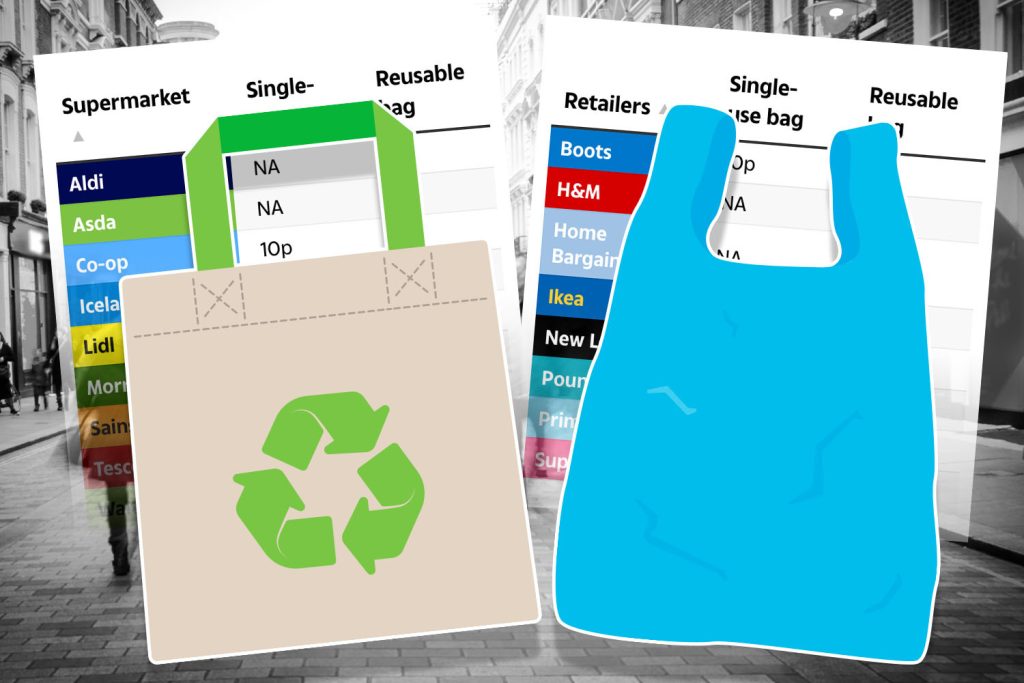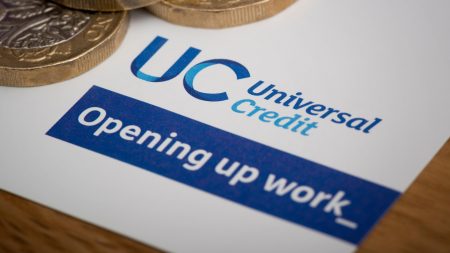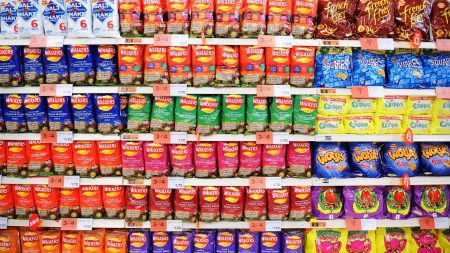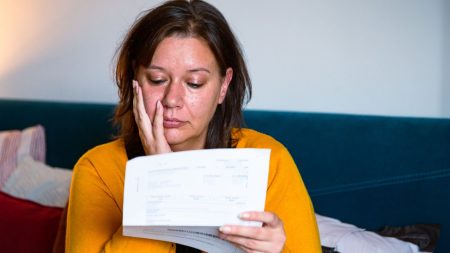The topic of retailers charging extra for single-use and longer-life carrier bags has sparked significant debate, with critics arguing it sends consumers a signal of profit rather than support for sustainable shopping. A survey by The Sun revealed a staggering 566% difference in pricing between retailers, highlighting stark inequalities in retail practices. Credit: PA
Today, most retailers charge users for regular-packaged items, which are then discarded for environmental purposes. For example, Home Bargains sells reusable bags at 15p, while some even offer long-life bags priced at £1, an 85p increase. defenses argue these high prices are necessary to reduce plastic waste. However, critics argue the system leaches pressure on customers and chefs, forcing even professional chefs to switch to reusable, single-use options or comply with降价要求.
Despite these challenges, retailers are struggling to find a balance between cost and sustainability. The process of creating reusable bags has become increasingly expensive, with plastic bags now costing as much as £60. According to The Sun, the government’s proposed 10p per single-use bag to reduce waste led to a 98% drop in bag usage by 2023. This stark decline suggests retailers are sacrificing dollars to combat their growing impact on the environment, leading some to claim they’re profiting from illegal tactics.
Understanding this issue, experts suggest retailers must prioritize sustainability beyond just price. By learning more about the potential costs of returning bulk bags and adopting strategies to reduce single-use items, consumers can help drive alternate pathways toward more robust designs. The median charge for a longer-life cycle carrier bag is typically £30, while reusable items cost a bit more, adding another layer of complexity to manage.
For those in the know, even gymnastics equipment companies face economic pressures. Often, single-use tights or athletic shorts are more affordable, while paper bags and bags for life are nearly £100. This disparity highlights the urgent need for everyone to ref Rails towards sustainable shopping habits. By securing their wallets and opening their eyes to people who do and don’t care about the plastic crisis, both consumers and retailers can make a difference in shaping a future that prioritizes fairness and equity for everyone.
In conclusion, the issue of clunky single-use and longer-life bags is a bright spot, but it’s one of many obstacles that must一起来 reduce the environmental footprint of our personal and commercial lives. By working together to support eco-friendly practices and promote sustainability, we can create a world where everyone plays the game of reducing their own waste.











